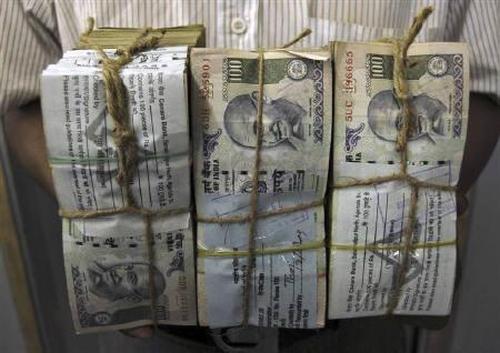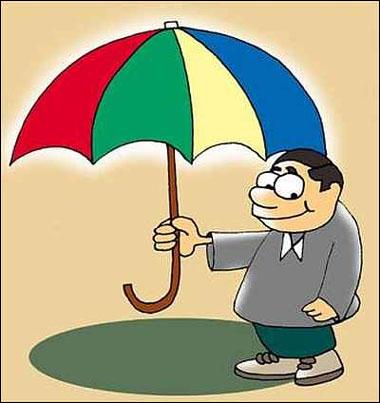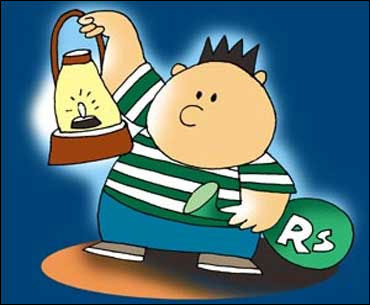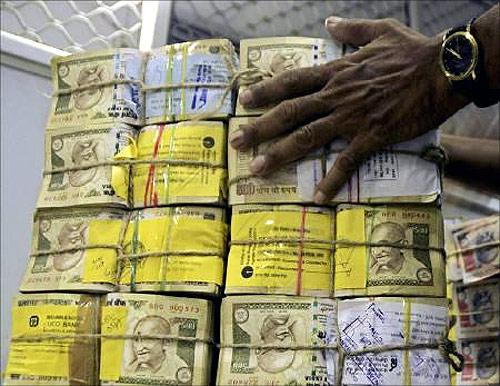
This tax-saving season, before buying a traditional money-back insurance policy, ask a vital question to the insurer or the agent -- what is the internal rate of return?
Typically, an insurance or agent quotes numbers such as 10-15 per cent of the sum assured.
But if this were true, a product that has a tenure of 10-20 years would compete with a good mutual fund or blue-chip stock.
. . .

It is likely the IRR will be much less, at two-four per cent.
Financial planner Suresh Sadagopan says: "These kinds of products are such that you need to pay a premium every year and receive a lump sum at the end of five years, 10 years, 15 years, etc.
For such kinds of products, the buyer needs to calculate the internal rate of return." IRR, or the effective rate of interest, is the actual rate your investment is earning.
There are enough websites that help one arrive at this number.
Let's consider an example: A 30-year-old non-smoker buys a money-back policy of a sum assured of Rs 200,000.
. . .

The annual premium, for 20 years, is Rs 15,304.
The policy also provides a bonus of Rs 35 for every Rs 1,000.
The money-back component ensures you will get Rs 40,000 in the fifth, ninth, 13th and 18th years.
In other words, you earn a total of Rs 160,000 till the 18th year.
In the 20th year, you will get the rest of the money, as survival benefit.
That's another Rs 40,000 and the bonus of Rs 140,000 -- overall, you will receive Rs 340,000.
However, consider an investment of Rs 306,000 as premium through 20 years.
The IRR, as a result, is a dismal 1.84 per cent, lower than even the bank savings rate of four per cent (some banks offer even six per cent).
. . .

Of course, the next pitch from sellers is it gives tax benefits. But many other products do so, too.
If you are willing to wait for as long as 18 years to get your money back, why not look at products such as the National Pension System, the Public Provident Fund, bank fixed deposits (of five years and above), tax-free bonds, etc?
The list is too long.
There rates are in the range of eight and nine per cent.
So, what explains the popularity of such products, or why do investors buy these at all?
. . .

Deepak Yohanan, chief executive of myinsuranceclub.com, an online insurance comparison portal, says most investors like the fact that such policies protect their investment and offer fixed returns.
"In money-back policies, it is difficult for investors to understand how much the actual returns are, in case of a non-participating plan.
“In case of participating plans, there is bonus you may or may not get.
“In that case, you have to check the bonus-paying history of the company," he says.
Ideally, your investment needs and insurance ones should be separate.
And, even if you are tempted by fixed-return products, there are many better options.